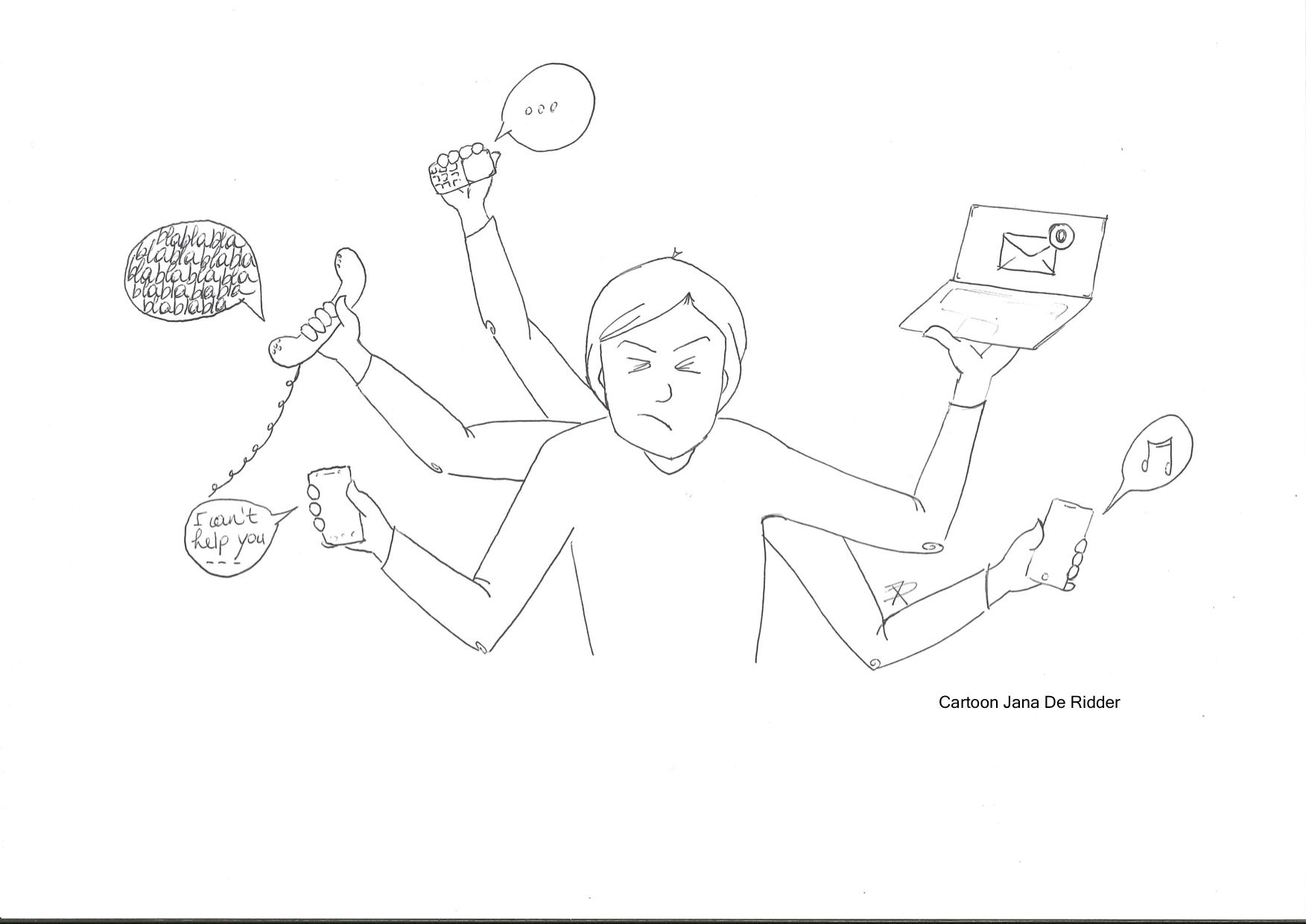We, as journalism students, love the fact that we can fact-check news and claims. A good article or news item stands or falls by its fact-check. But if you want to do a good check, it is quite difficult to get involved with the right people and the right reports. Certainly for a journalism student.
In one week we had to contact as many people we could to check the claim that our article was all about. We contacted experts and journalists for their experiences and we also contacted national police offices for asking reports relating to the news.
What immediately caught our eye was that it was very hard to get in touch with the Belgian federal police and the German police department of North Rhine-Westphalia. The German spokesperson could not give us further information than the online statistics, because we were students. After several days contacting the Belgian federal police via telephone and email, we received an email to send our questions… via email. But other police stations were very open to help us. They responded in a maximum of two hours with figures and statistics.
Sander Bartling, researcher for the Dutch radio program Reporter Radio, was very open to help us. He gave us some phone numbers from people we could contact and talked to us about his expertises.
For journalism students, it is quite hard to get the right coordinates from the right people. And surely to get information that journalists mostly get. We want to encourage experts, organizations, companies etc. to help the future journalists. You help us to train and prepare for our future job and we want your help getting deceptions out of the world.
Leave your comments, thoughts and suggestions in the box below. Take note: your response is moderated.
RESEARCH | ARTICLE © Maxime Bosmans & Dante Bellon, AP University College, BE







